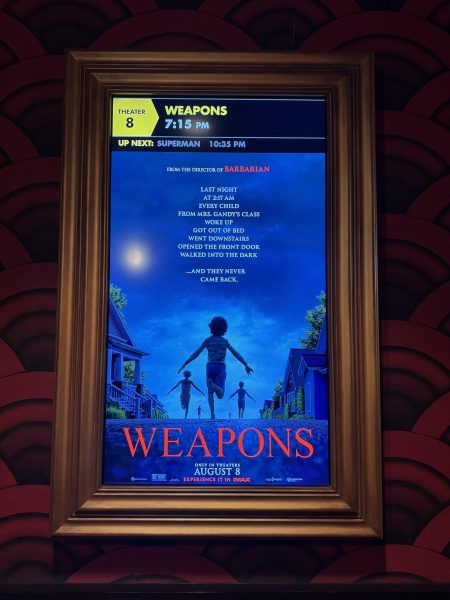New book presents the death penalty from the attorney’s view
A view of the holding cell where death-row inmates are held before execution at San Quentin State Prison in San Quentin, California. The federal judge weighing whether California can resume executing condemned prisoners toured the facility’s new lethal injection chamber on Tuesday, February 8, 2011, in what was called a fact-finding mission to help determine whether the state’s revised procedures meet constitutional standards. (Wally Skalij/Los Angeles Times/MCT)
Susannah Sheffer, author of “Fighting for Their Lives: Inside the Experience of Capital Defense Attorneys,” which explores the emotional trauma that comes with representing a convicted criminal on death row, recently visited Austin to promote her book at Book People. Scheffer sat down with a Hilltop Views reporter to discuss her career and writing process.
Ali Montag: How did you get started writing? Did you figure out that you wanted to write professionally in college or after?
Susannah Sheffer: No, before college. I was writing pretty seriously as a young person.
AM: Which book was the hardest to write?
SS: Different books have been hard in different ways. The particular challenge of this new book was exploring unfamiliar material, and what I mean by that is material unfamiliar to the attorneys. I interviewed lawyers about their personal experiences and they had never talked about that before.
AM: Talked about having someone else’s lives in their hands?
SS: Exactly. The actual impact of that on them, is something they had never talked about. It was a wonderful challenge.
AM: How did you choose that topic?
SS: I work as a staff writer for an organization called Murder Victims Families for Human Rights, which is for family members of murder victims and family members of people who have been executed. We’re looking closely at the impact of the murder and the death penalty, asking how are people affected by what happens to them, and by violence. That lends a natural outgrowth to be curious about the impact on the capital defense attorneys. I knew some of them through my work, and I became curious about what it was actually like.
AM: Who had the most interesting story out of those that you met?
SS: I interviewed 20 attorneys who specialize in the end stage of capital defense, where they have already been sentenced to death row…the execution date is looming.The twenty attorneys were all specialized in the end stage and had lost at least one client to execution. It’s not really possible to pick one particular heart wrenching story, everybody had really powerful things to say.
AM: Did you find that these emotions were still affecting them, or that the ones who had been in the business for longer were becoming hardened?
SS: The attorneys talked about a lot of different traumatic impacts with these experiences, including sometimes numbness after execution, but not in a sense of being hardened, or unaffected, not at all.
AM: What would you say the most important thing you learned from writing the book was?
SS: That the impact of the death penalty is really broad, far reaching. It’s easy to think that if you take someone and execute them, thats who you’ve affected, and it’s over, but in fact that practice affects a lot of people.
AM: Would you say your book is an argument against the death penalty?
SS: The book is not making an argument, but its looking at the impact, and with the facts, it’s very possible the reader might reach that conclusion.







